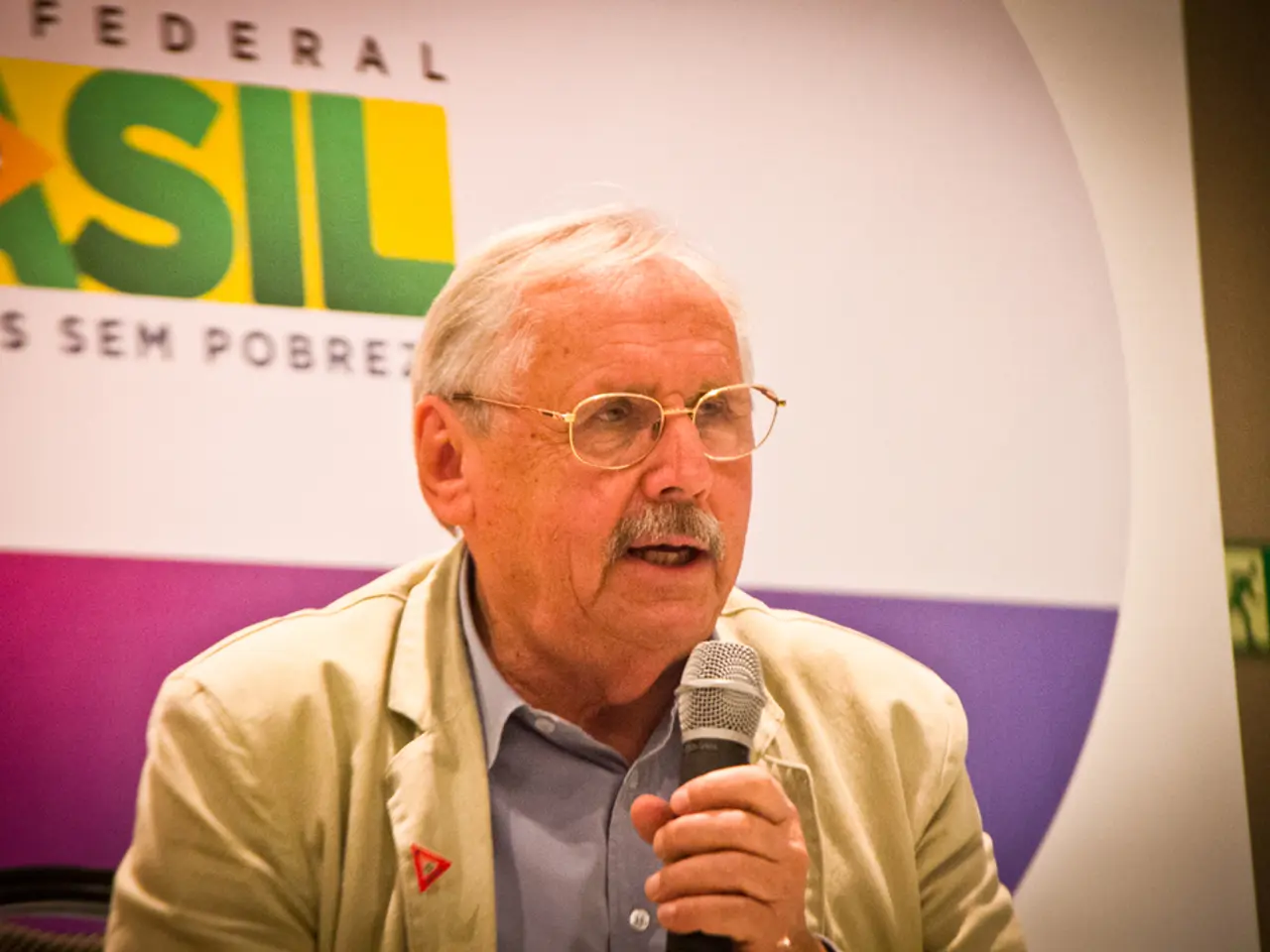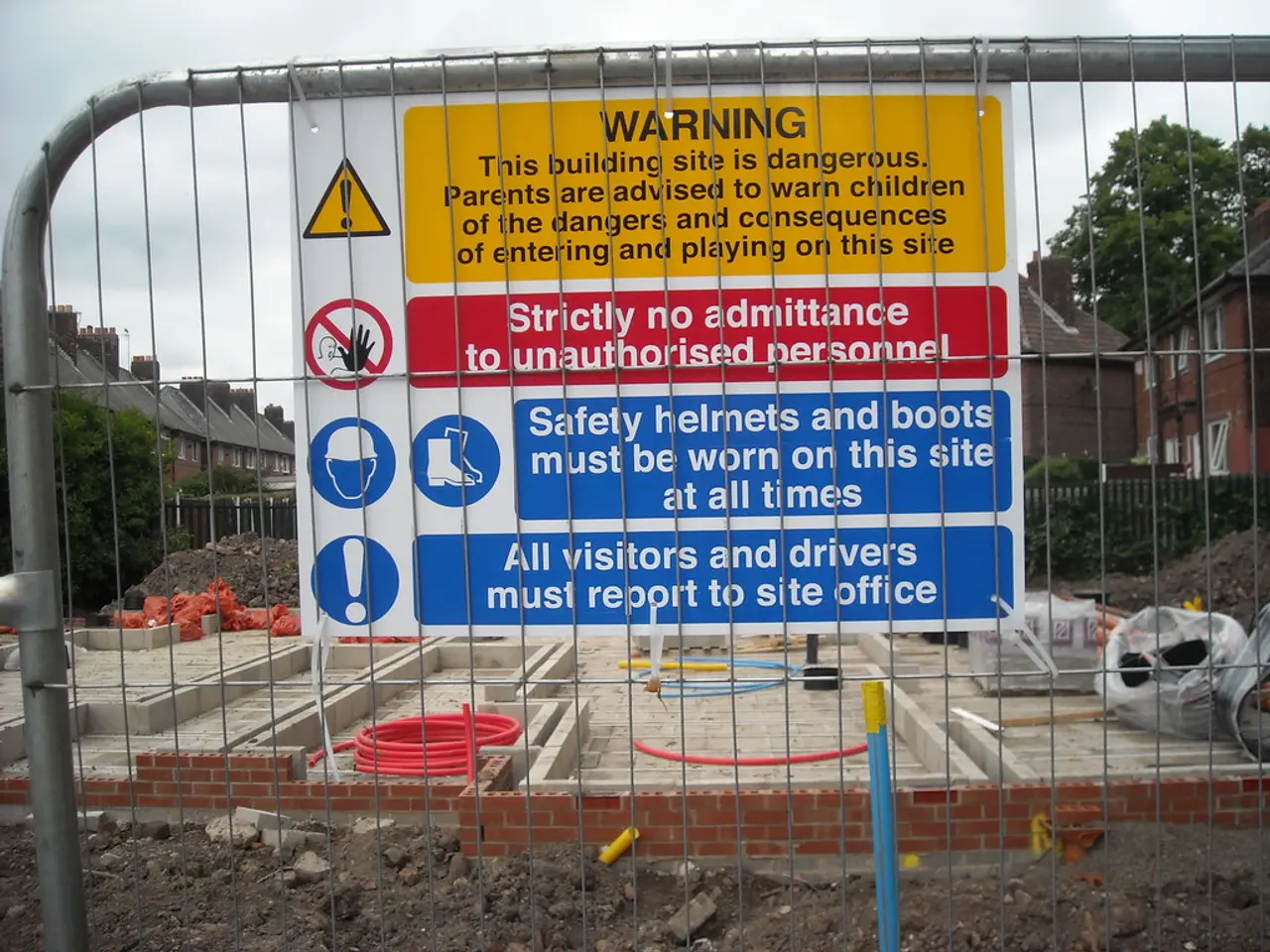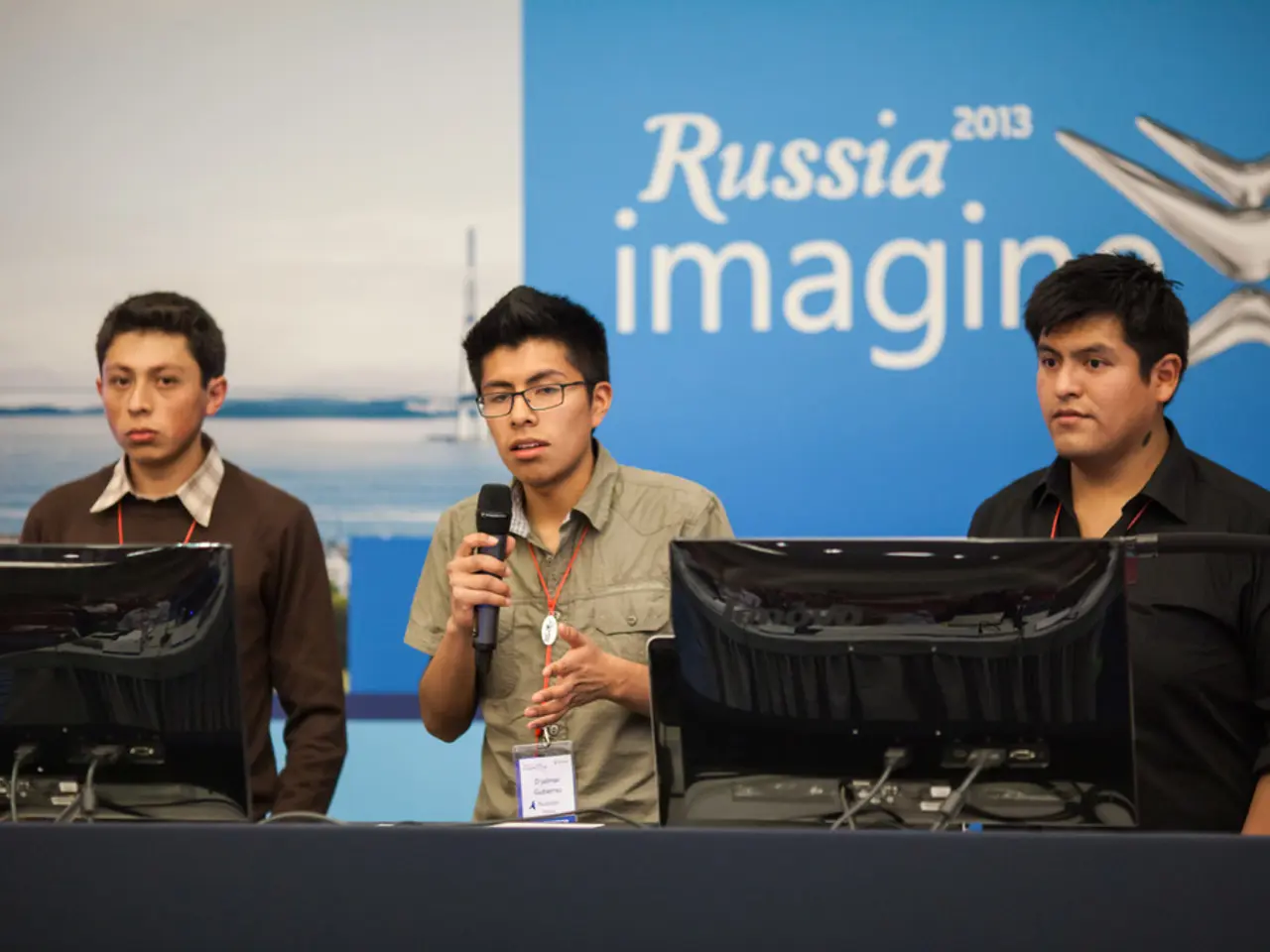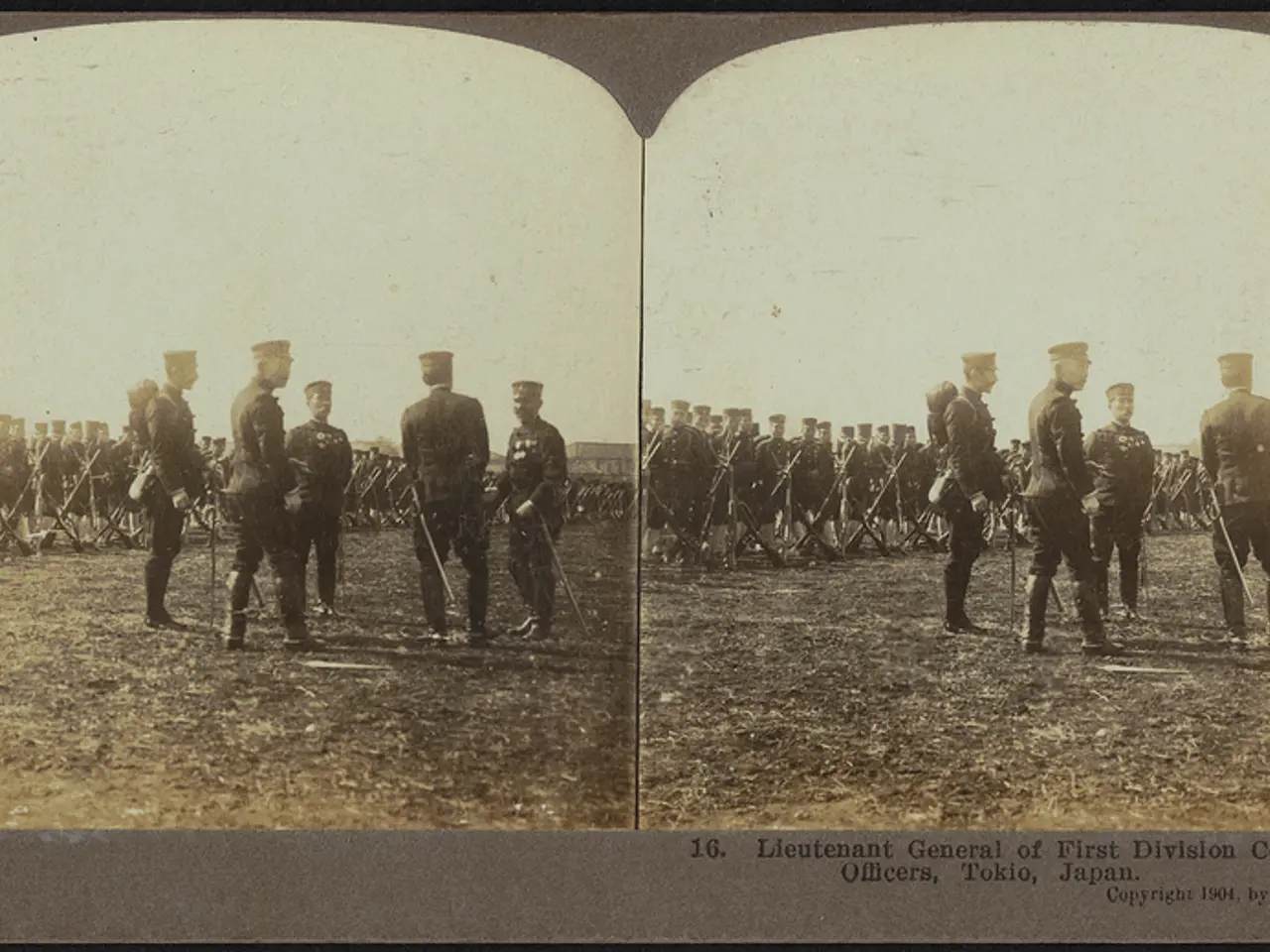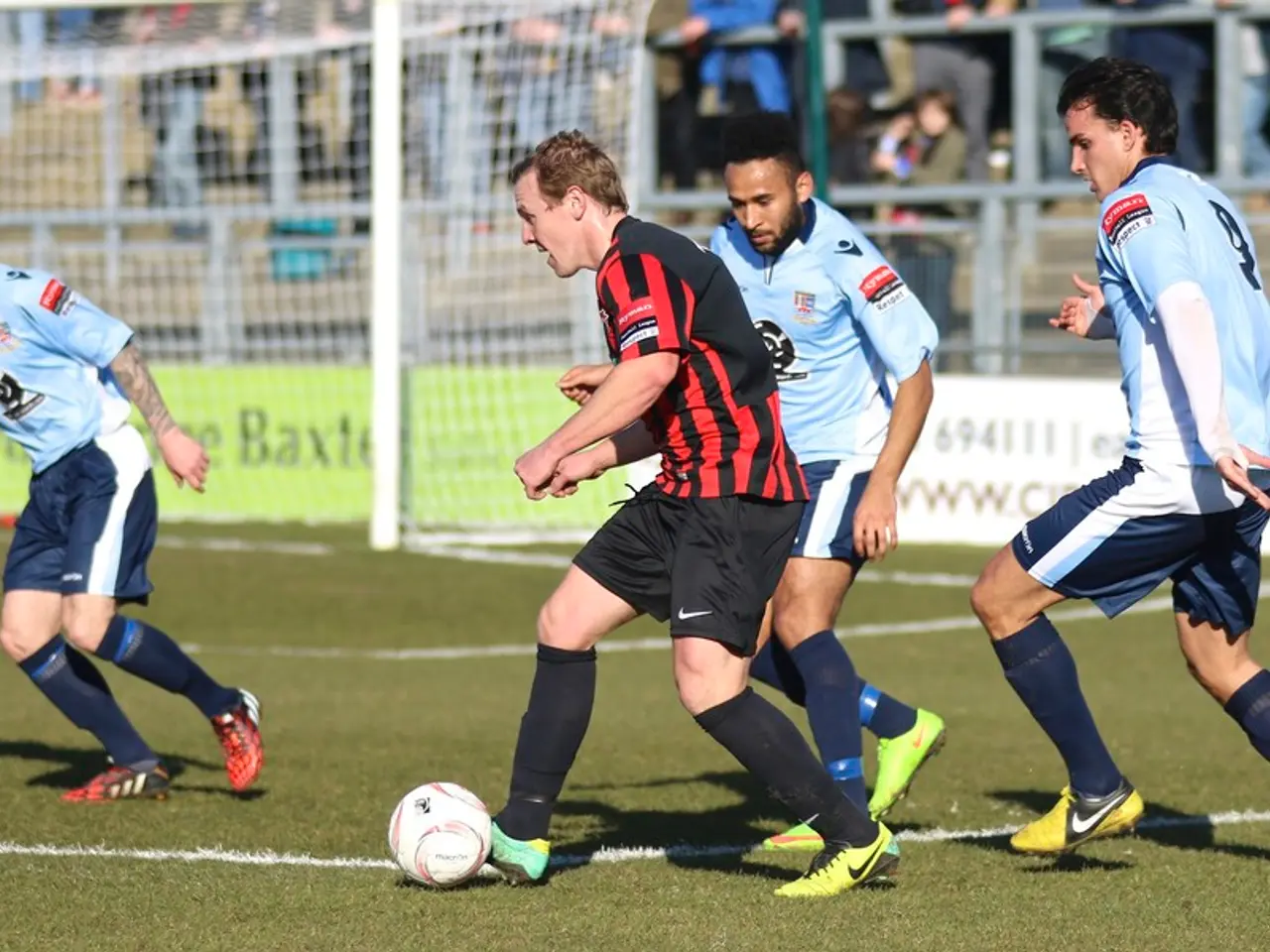Bribery verdict handed down against Uribe in court trial
In a historic verdict, a Colombian court found former president Álvaro Uribe guilty of witness tampering and procedural fraud in July 2025. This makes Uribe the first former Colombian head of state to be convicted at trial. The charges carry a potential prison sentence of six to twelve years, with Uribe's defense filing an appeal and requesting home detention during this process.
Uribe, who governed Colombia from 2002 to 2010, is a highly polarizing figure in Colombian politics. His supporters view him as a national hero for his firm stance against guerrilla groups like FARC and improving security in Colombia. However, critics accuse him of undermining democracy and associating with paramilitary groups accused of serious human rights violations, including extrajudicial killings and forced disappearances.
The conviction arose from long-running investigations into Uribe's alleged links to these paramilitary and criminal networks, which have been a significant aspect of his legacy and the broader controversy around his leadership. Prosecutors accused Uribe of sending lawyers to meet with imprisoned former paramilitary henchmen and pressure them to drop testimony.
Judge Heredia, who handed down the ruling, stated that her ruling should not be interpreted as a victory for anyone, but as an act of justice. Cepeda, a key witness in the trial, spoke to journalists after the ruling and stated that he would continue to fight for "truth and justice" for victims of Colombia's conflict.
Uribe denied trying to flip witnesses, but acknowledged seeking interviews with the men as part of his preparation for trial and to verify testimonies in a murder trial against his brother. Critics blame Uribe for state crimes, including the execution of more than 6,400 civilians by the Colombian military during the conflict, a phenomenon that peaked during the Uribe administration.
The ruling against Uribe has sparked political debate, with US Secretary of State Marco Rubio stating that the ruling was a result of the weaponization of Colombia's judicial branch. Colombian President Gustavo Petro defended the ruling, stating that it would enable Colombia to emerge from violence and that the world must respect the judges of Colombia. Uribe, despite his conviction, continues to assert his innocence, claiming the prosecution is politically motivated.
- The conviction of former president Álvaro Uribe, a highly polarizing figure in Colombian politics, has ignited a debate on policy-and-legislation surrounding war-and-conflicts and crime-and-justice, as critics accuse him of undermining democracy and associating with paramilitary groups, while supporters view him as a national hero.
- The ruling against Uribe, who is alleged to have links with paramilitary and criminal networks, has further complicated general-news discussions on the broader controversy surrounding his leadership, with some accusing the Colombian judicial branch of being politically motivated, while others defend it as a critical step towards truth, justice, and ending violence in Colombia.
